Collection
Date
Location
Type
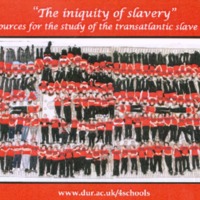
The Iniquity of Slavery
Durham University Library holds many archives relating to the slave trade in its Special Collections due to a connection with the family of abolitionist Granville Sharp. This is supplemented by material relating to the West Indies and the slave trade in the papers of the Prime Minister between 1830…
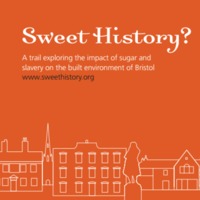
Sweet History?
The Sweet History? project saw the Bristol Architecture Centre work with young people from the Knowle West Media Centre to explore the social and economic impacts of the sugar and slave trades on the built environment heritage of Bristol. Working with local artists and historians, the young people…
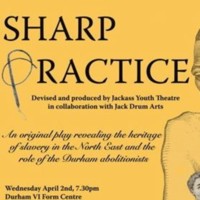
Sharp Practice
Inspired by archival research, ‘Sharp Practice’ was a touring play exploring the slave trade and the role of abolitionists from the North East of England in its demise (and, in particular, the work of Granville Sharp). The play was devised and produced by Jackass Youth Theatre, in collaboration…
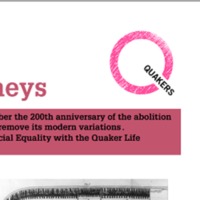
Quakers and the path to abolition in Britain and the colonies
The Society of Friends expressed its formal opposition to the slave trade in 1727, and from that date were vocal opponents of transatlantic slavery. A virtual exhibition of archived resources, ‘Quakers and the path to abolition in Britain and the colonies’, was launched online to commemorate the…
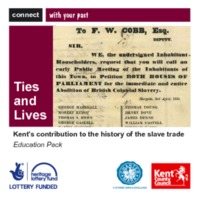
Ties and Lives: Kent and the Slave Trade
Ties and Lives: Kent and the Slave Trade was a project run by Kent Archives in collaboration with Creative Partnerships Kent and the educational charity Music for Change. It aimed to show how the county’s historic collections could be used by young people to support their education, particularly…
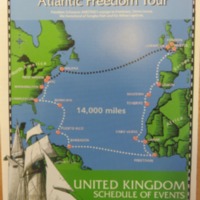
Amistad America's Atlantic Freedom Tour
A replica of the nineteenth-century slave ship Amistad visited Liverpool, Bristol and London as part of the Atlantic Freedom Tour in 2007-2008. The ship set sail from its home port of New Haven, Connecticut, on a 16-month 14,000 mile transatlantic voyage to retrace the slave industry triangle. The…
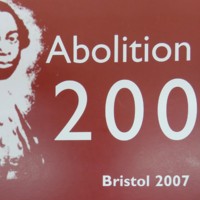
Abolition 200
Bristol was major trading port for the transatlantic slave trade in the 18th century. The city of Bristol marked the bicentenary of the Abolition Act with more than 100 events across the city - exhibitions, plays, debates, talks, concerts - under the umbrella organisation Abolition 200. In January…
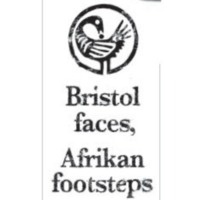
The Adisa Project: Bristol faces, Afrikan footsteps
The Adisa project gave a group of 20 young people of African and African Caribbean heritage the chance to investigate their roots both in Bristol and Africa. The group researched the history and legacies of Bristol's involvement in the trade in enslaved Africans, and its impact on one African…
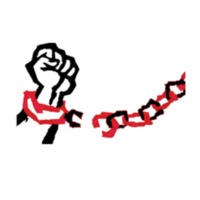
Slave Trade Abolition in Cambridgeshire & Suffolk (STACS)
The Slave Trade Abolition in Cambridgeshire & Suffolk (STACS) project was managed by St John's College at Cambridge University (the former college of the abolitionists Thomas Clarkson and William Wilberforce). Working with local schools, the project aimed to raise awareness of the often overlooked…
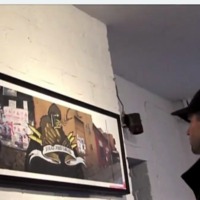
Freedom Song
Freedom Song involved young people from Derby, Leicester and Nottingham creating their own digital musical video shorts to express contemporary social and cultural experiences. The group in Derby looked to develop links to regional history and culture through the study of the songs of oppression and…
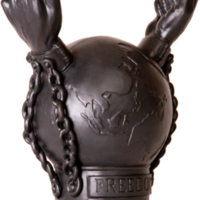
Abolition of the Slave Trade Act Commemorative Exhibitions
Nottingham Castle Museum held two exhibitions in 2007. Inspired by the anti-slavery medallion produced by Josiah Wedgwood in the 1790s, a group of young people from Nottingham’s African Caribbean community worked with artist Katherine Morling to explore issues surrounding slavery and the…
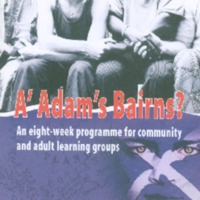
A' Adam's Bairns? Exploring equality and diversity in Scotland past and present
A’ Adam’s Bairns? is an educational resource pack produced in 2007 by a partnership of the National Library of Scotland and the Scottish Development Education Centre (Scotdec). The project explored equality and diversity both past and present, and looked at the attitudes and behaviours which…
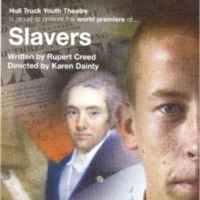
Slavers
Hull Truck Theatre supported Wilberforce 2007 with two specially commissioned productions, Slavers and Sold, and a playwright festival. For one week in August 2007, Hull Truck Youth Theatre presented Slavers, set in 2007, which told the story of abolition through the eyes of young people in Hull.…
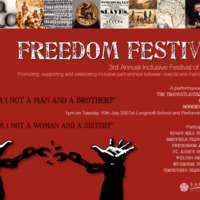
Freedom Festival 2007
East Riding's Freedom Festival in 2007 commemorated the abolition of the slave trade and explored issues of modern day slavery through a multi-sensory performance featuring pupils from mainstream and special schools in the East Riding area. The play was in three parts - the transatlantic slave…

Believe in yourself...you can make change...today and tomorrow
As part of the Wilberforce 2007 programme, ArtLink Exchange, a community arts organisation in Hull, worked with local schoolchildren to produce an exhibition of artwork inspired by the bicentenary. This included artwork created by pupils from Sir Henry Cooper School and Endeavour High with artist…
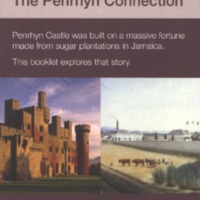
Sugar and Slavery - The Penrhyn Connection
Penrhyn Castle on the outskirts of Bangor in Wales is owned by the National Trust. In 2007, the bicentenary was marked with a special exhibition and accompanying events exploring the connections between the Castle and the fortune of its former owners, the Pennant family, built on Jamaican sugar from…
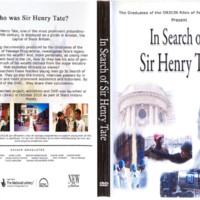
In Search of Henry Tate
A bust of Sir Henry Tate, one of the most prominent philanthropists of the 19th century, is displayed on a plinth in Brixton. A group of young men from the ORIGIN Rites of Passage Programme produced a documentary to investigate Tate's legacy and, in particular, the tensions inherent in his acts of…
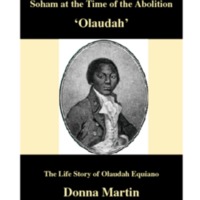
Soham at the Time of the Abolition
Soham Village College partnered with Soham Action 4 Youth (SA4Y) and Soham Museum in a project to record Soham at the Time of the Abolition, to commemorate the bicentenary and celebrate the life of Olaudah Equiano. Equiano, otherwise known as Gustavus Vassa, was the former slave who became an…
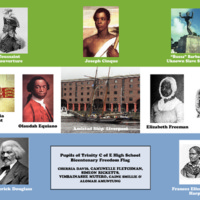
Bicentenary Freedom Flag
The Bicentenary Freedom Flag was displayed alongside an exhibition about Wartime Black History at Manchester Town Hall. The project was a collaboration between staff from Manchester City Council Corporate Services Black Staff Group and pupils of Trinity Church of England School in Manchester. The…
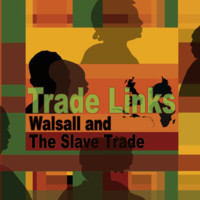
Trade Links: Walsall and the Slave Trade
An exhibition at Walsall Museum looked at Walsall's links with the slave trade, the background to the Abolition Act of 1807, and the legacies of slavery. Walsall's metal industry included chain making by local women of Cradley Heath, and the manufacture of guns used to trade for captive Africans.…